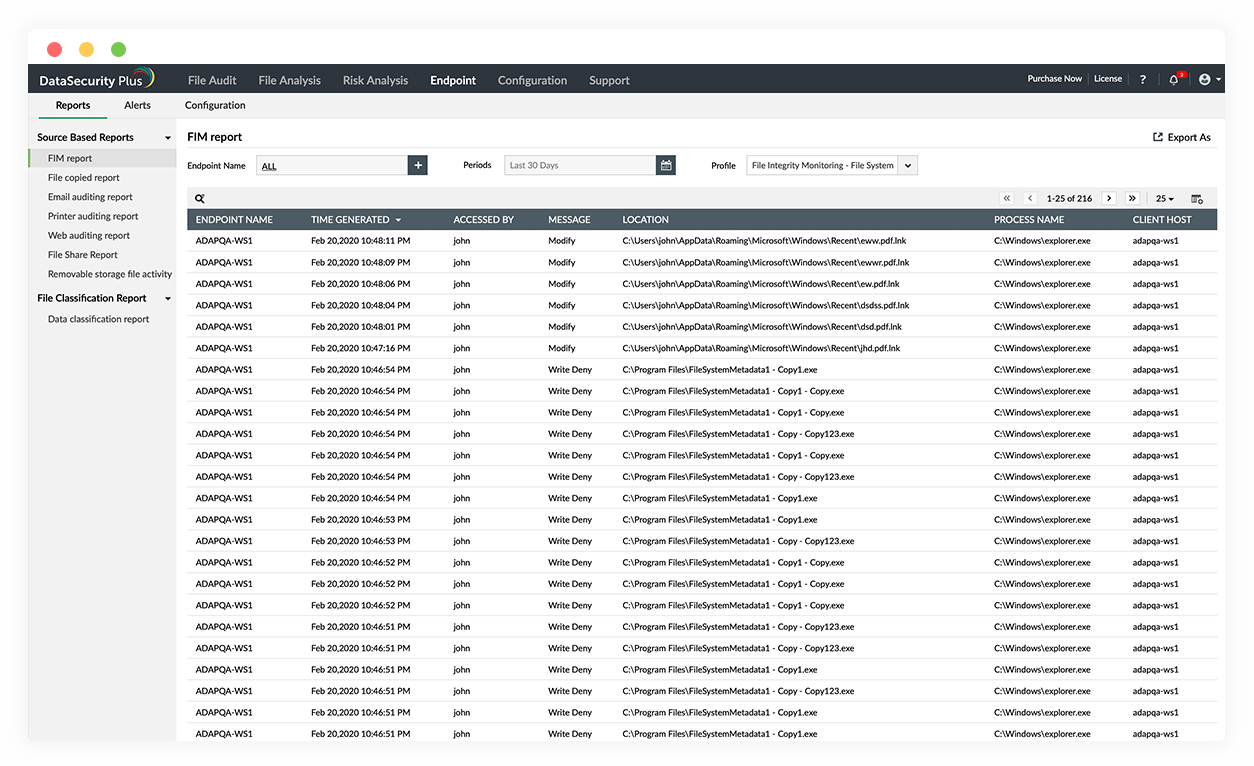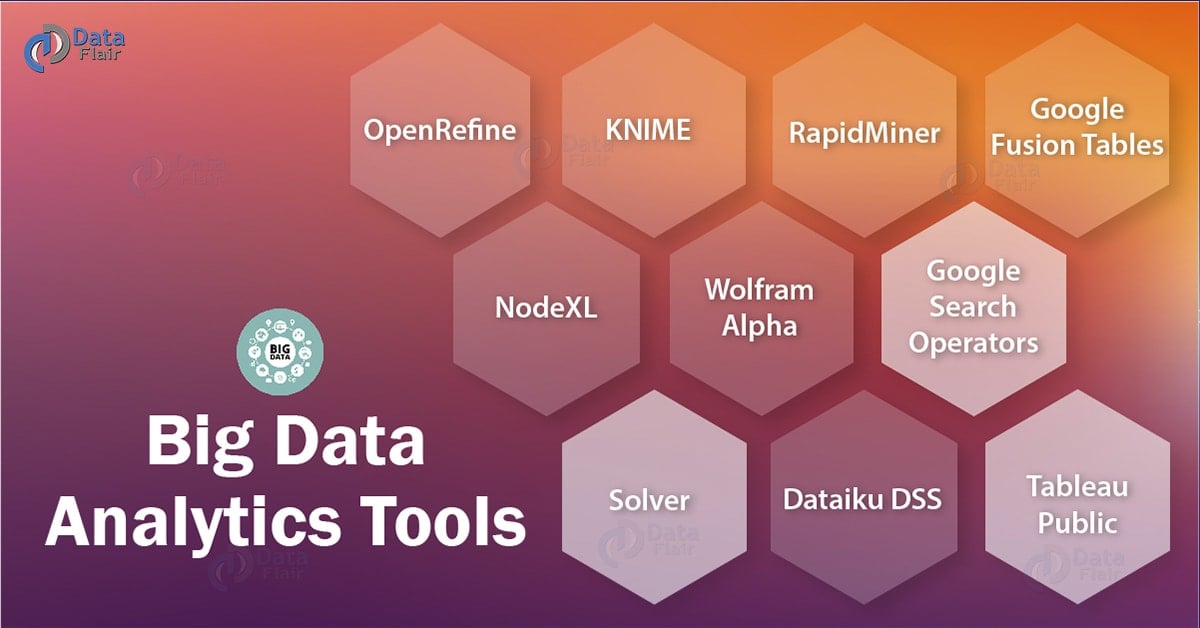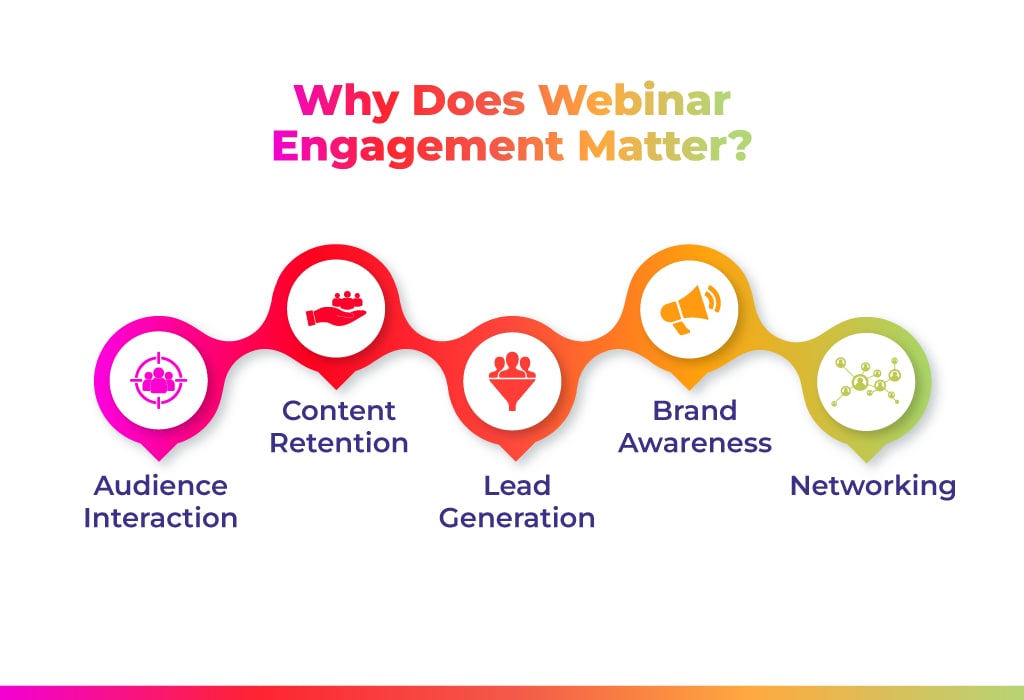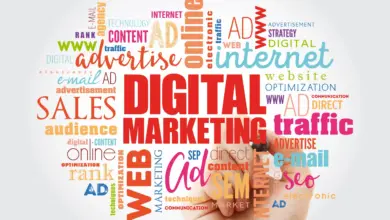E-Commerce Website Optimization
With E-commerce website optimization taking center stage, embark on a journey filled with insightful strategies and techniques to boost your online presence and drive success.
Explore the importance of optimizing your E-commerce platform, from on-page techniques to off-page strategies and mobile optimization practices.
Importance of E-commerce Website Optimization

Optimizing an E-commerce website is crucial for online success in today’s competitive digital landscape. A well-optimized website can significantly improve user experience, increase visibility, and ultimately drive more conversions.
Improved User Experience
Optimized websites are designed to be user-friendly, with easy navigation, fast loading times, and mobile responsiveness. This ensures that visitors can easily find what they are looking for, leading to higher engagement and satisfaction.
Impact of Website Speed on Conversion Rates, E-commerce website optimization
Website speed plays a critical role in determining conversion rates. Studies have shown that even a one-second delay in page load time can result in a significant drop in conversions. By optimizing website speed through techniques like image compression, caching, and minimizing HTTP requests, E-commerce businesses can increase their conversion rates and revenue.
On-Page Optimization Techniques: E-commerce Website Optimization
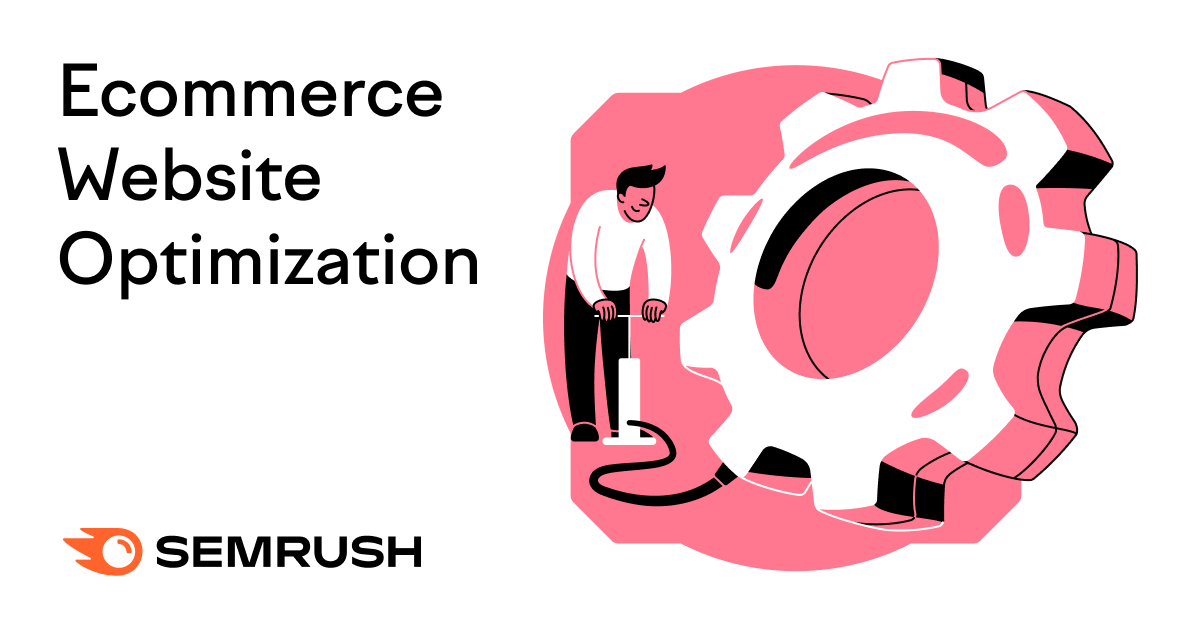
When it comes to optimizing your E-commerce website, on-page optimization techniques play a crucial role in improving your search engine rankings and overall user experience. By focusing on optimizing product pages, meta tags, and images, you can enhance the visibility and performance of your online store.
Optimizing Product Pages
Optimizing product pages is essential for attracting potential customers and driving conversions. Here are some best practices for optimizing product pages:
- Create unique and compelling product descriptions that highlight key features and benefits.
- Optimize product titles with relevant s to improve search engine visibility.
- Add high-quality images and videos to showcase the product from different angles.
- Incorporate customer reviews and ratings to build trust and credibility.
Importance of Meta Tags and Optimization
Meta tags are crucial for providing search engines with information about your website’s content. By optimizing meta tags effectively, you can improve your website’s visibility in search engine results pages. Here’s how you can optimize meta tags:
- Include relevant s in the title tag, meta description, and meta s.
- Write compelling and unique meta descriptions that entice users to click on your website.
- Avoid stuffing and ensure meta tags accurately reflect the content of the page.
Strategies for Optimizing Images
Images are an essential component of E-commerce websites, as they can enhance the visual appeal of your products and improve user engagement. Here are different strategies for optimizing images on your website:
- Use descriptive file names and alt text to make images more accessible to search engines.
- Compress images to reduce load times and improve website performance.
- Optimize image sizes for different devices to ensure a seamless user experience.
- Implement lazy loading to prioritize loading images that are visible to users, improving page speed.
Off-Page Optimization Strategies
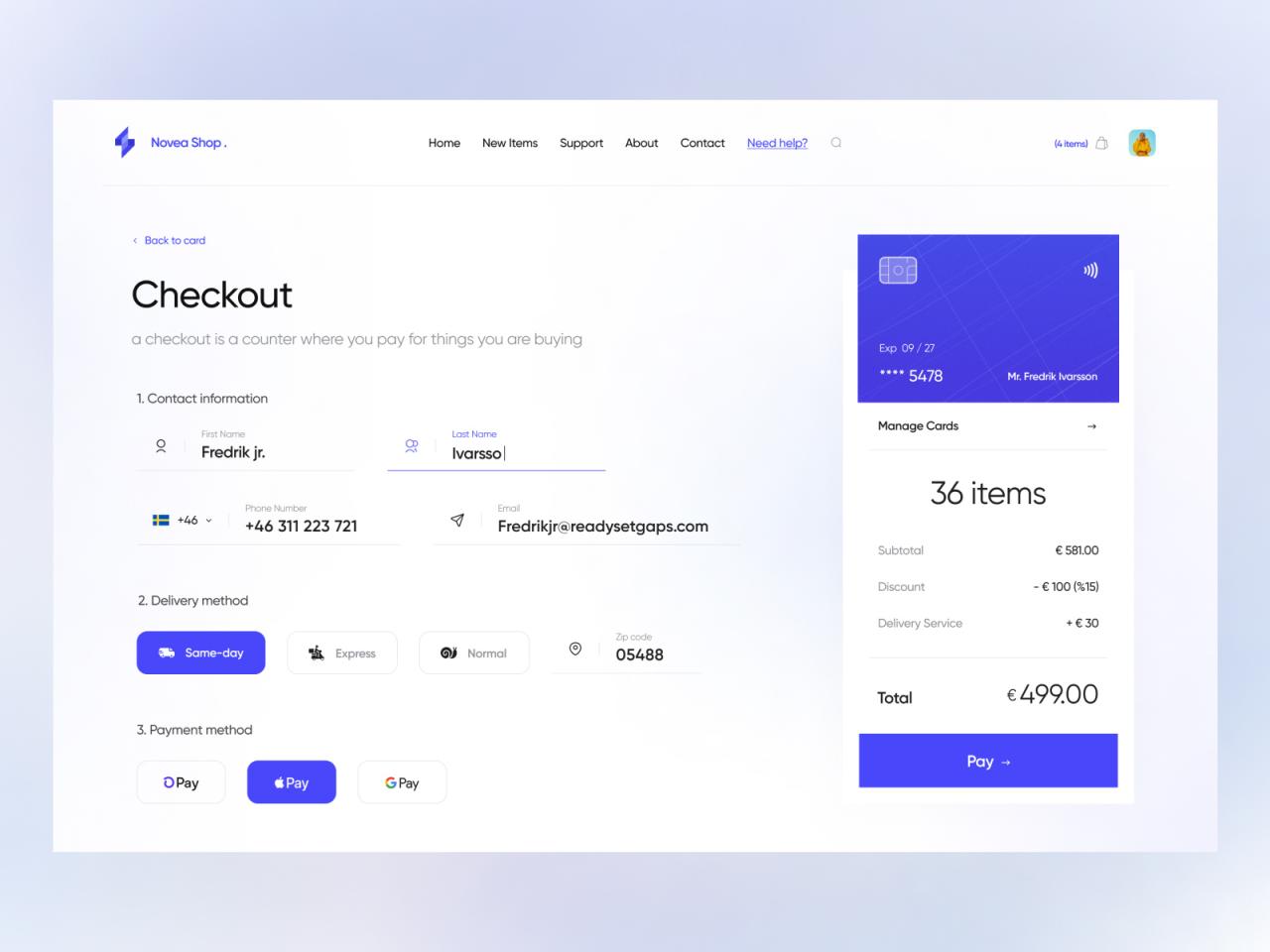
When it comes to optimizing an E-commerce website, off-page strategies play a crucial role in improving search engine rankings and driving organic traffic. These strategies focus on activities outside of your website that impact its online visibility and authority.
Significance of Backlinks for E-commerce Websites
Building a strong backlink profile is essential for E-commerce websites as backlinks are like upvotes from other websites, signaling to search engines that your site is reputable and trustworthy. The more high-quality backlinks you have pointing to your site, the better your chances of ranking higher in search results.
- Focus on acquiring backlinks from authoritative and relevant websites in your industry.
- Guest posting on reputable blogs and websites can help you earn quality backlinks.
- Utilize influencer partnerships to gain backlinks from popular social media profiles and blogs.
- Regularly monitor your backlink profile to identify and disavow any toxic or spammy backlinks.
Role of Social Media in Off-Page Optimization
Social media platforms play a significant role in off-page optimization by increasing brand awareness, driving traffic to your website, and generating social signals that can positively impact your search engine rankings.
- Share your E-commerce website content regularly on social media channels to increase visibility and engagement.
- Encourage social sharing by adding social sharing buttons to your product pages and blog posts.
- Engage with your audience on social media to build relationships and establish your brand as an authority in your industry.
- Utilize social media advertising to reach a wider audience and drive traffic back to your website.
Mobile Optimization for E-commerce Websites
Mobile optimization is crucial for the success of E-commerce websites in today’s digital age. With the increasing use of smartphones and tablets, more and more customers are shopping online through their mobile devices. Therefore, having a mobile-friendly website is essential to provide a seamless shopping experience for users on the go.
Responsive Design Practices
Implementing responsive design practices is key to creating a mobile-friendly website. This approach ensures that your website adjusts and adapts to different screen sizes, providing an optimal viewing experience across various devices. Some responsive design practices include:
- Using a flexible grid layout
- Optimizing images for faster loading times
- Creating touch-friendly navigation menus
- Ensuring text is readable without zooming
Mobile Optimization Techniques
There are several mobile optimization techniques that can enhance user experience on E-commerce websites. Some examples include:
- Implementing Accelerated Mobile Pages (AMP) for faster loading speeds
- Utilizing a mobile-first approach in website design
- Enabling one-click checkout for seamless transactions
- Integrating mobile wallets for convenient payment options
Frequently Asked Questions
Why is E-commerce website optimization important?
Optimizing your E-commerce website is crucial as it enhances user experience, improves conversion rates, and boosts online visibility.
What are some examples of on-page optimization techniques?
On-page optimization techniques include optimizing product pages, meta tags, and images to enhance visibility and user engagement.
How does mobile optimization contribute to E-commerce success?
Mobile optimization is essential as it ensures a seamless user experience on smartphones and tablets, leading to increased conversions and customer satisfaction.

